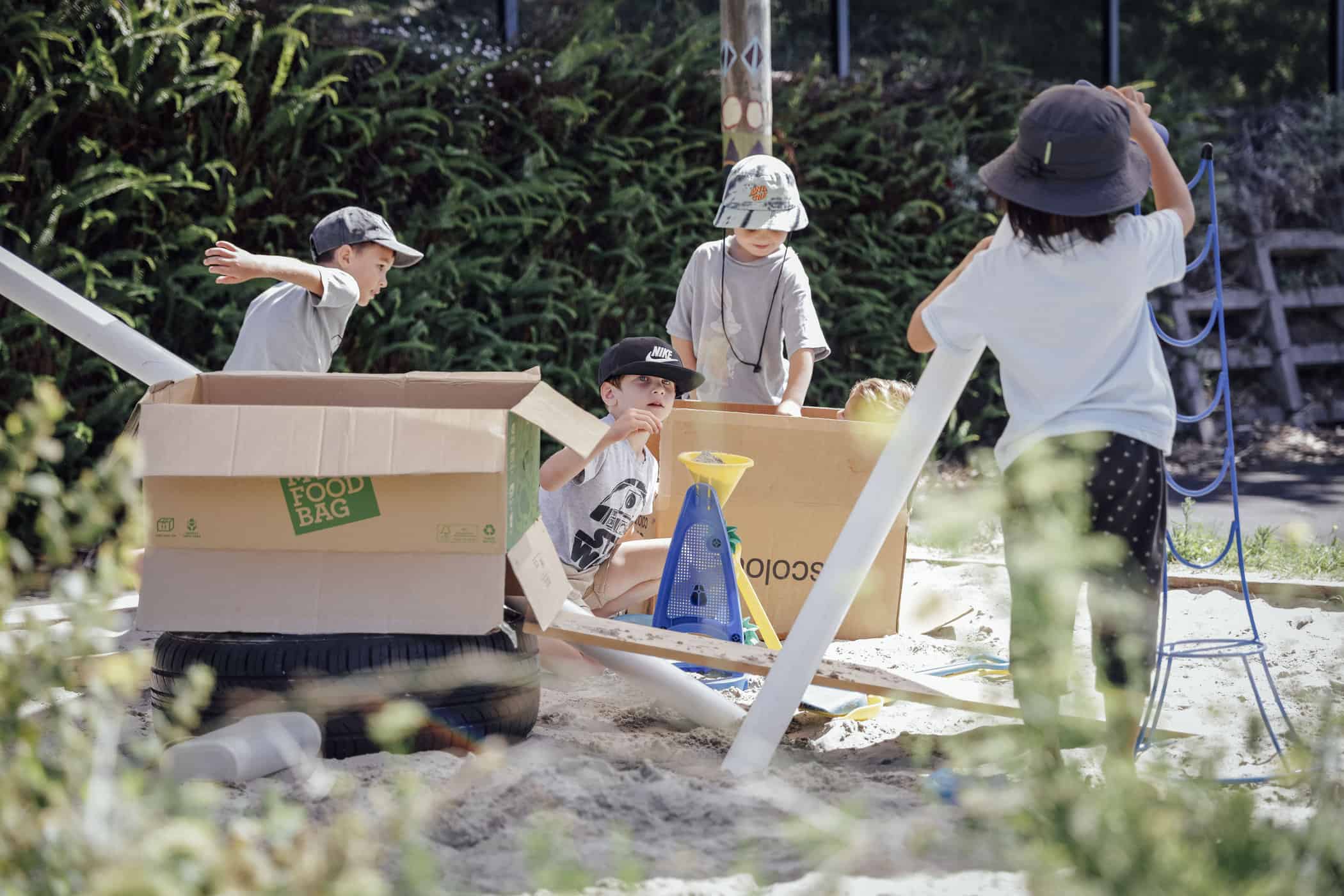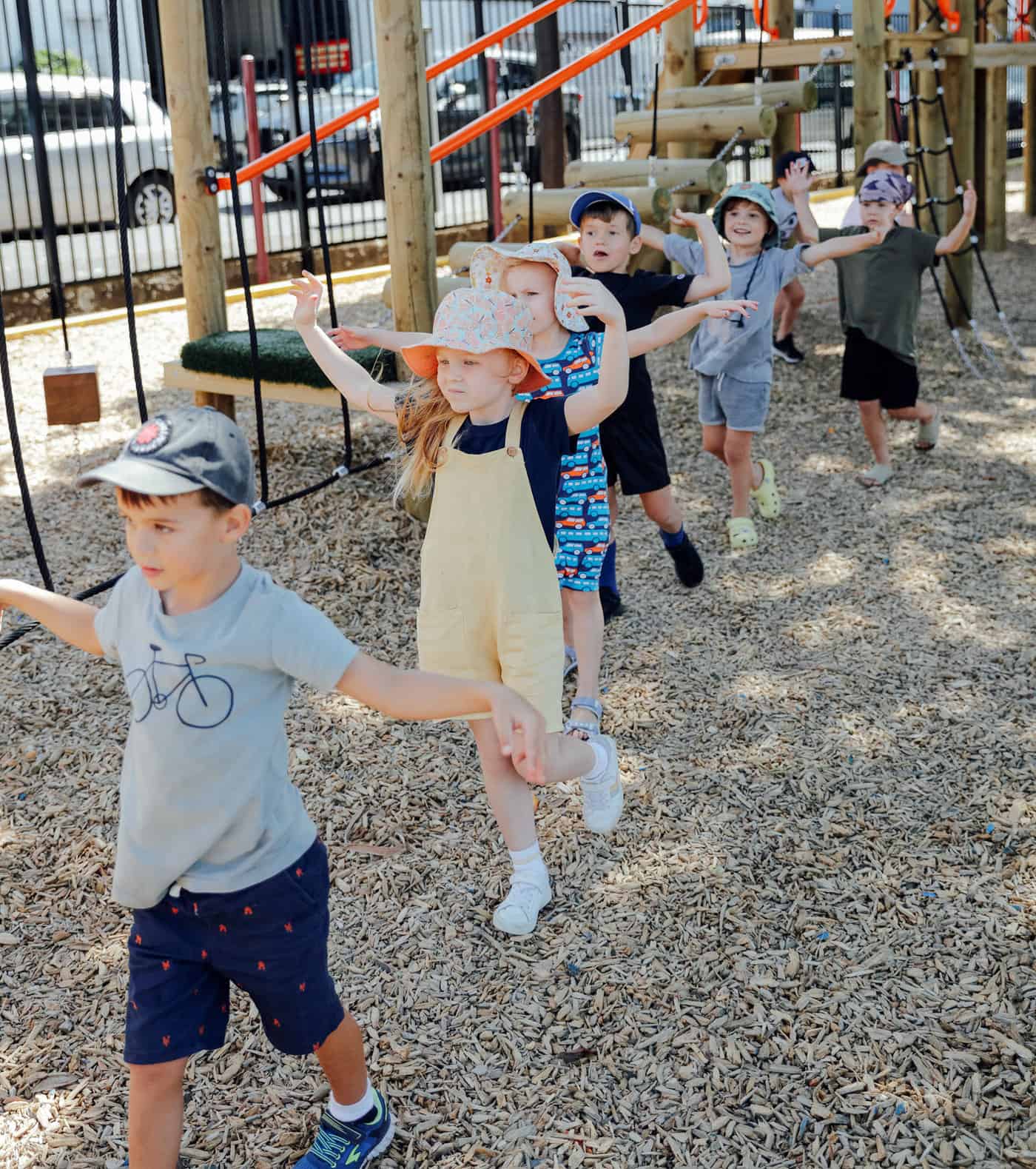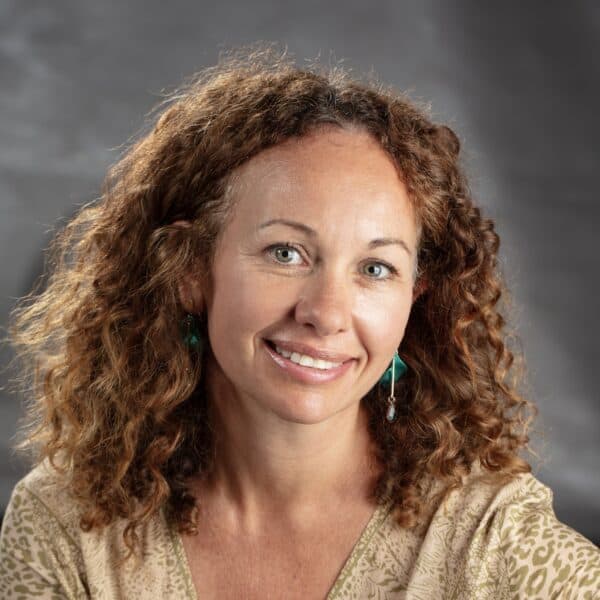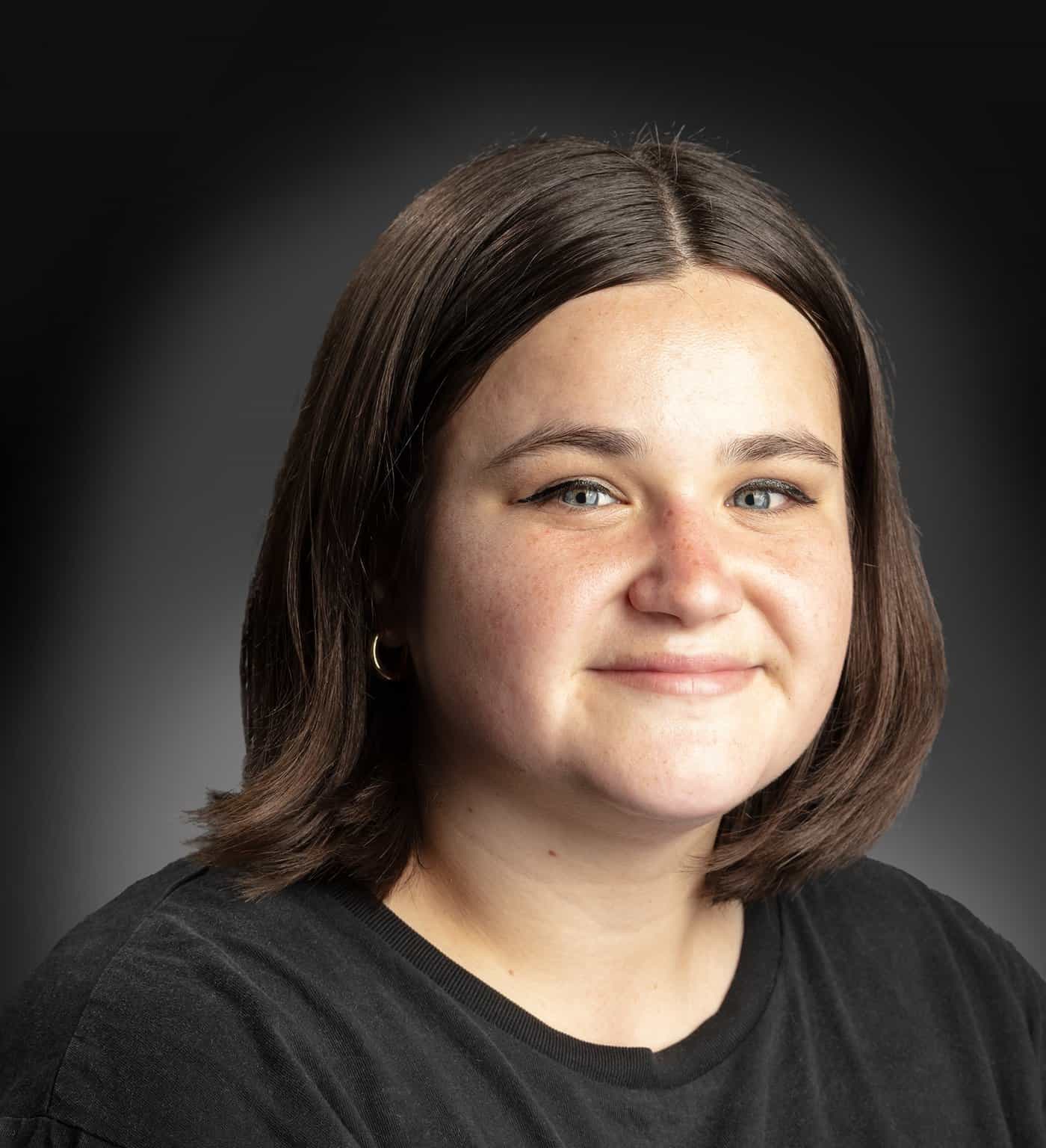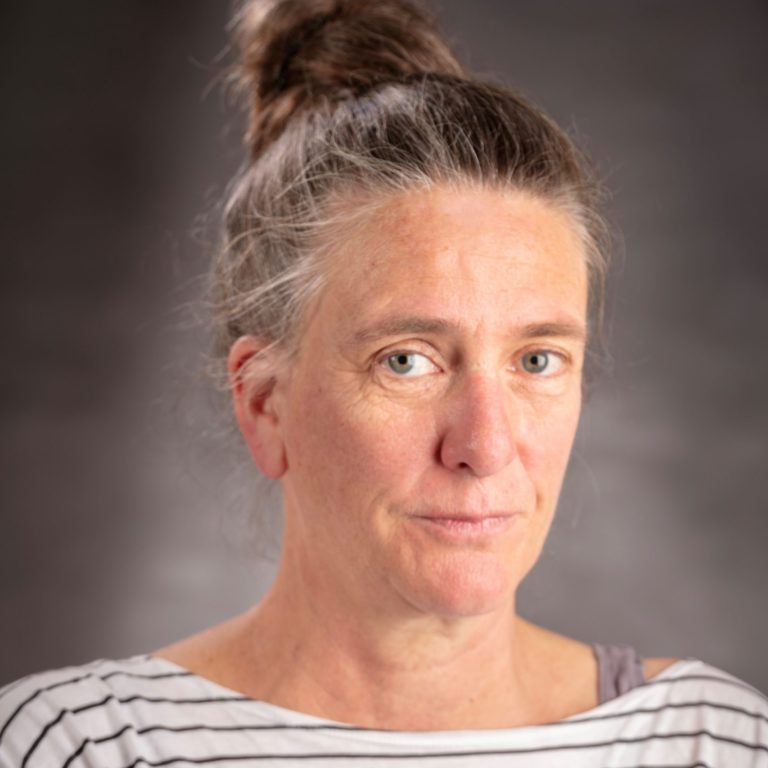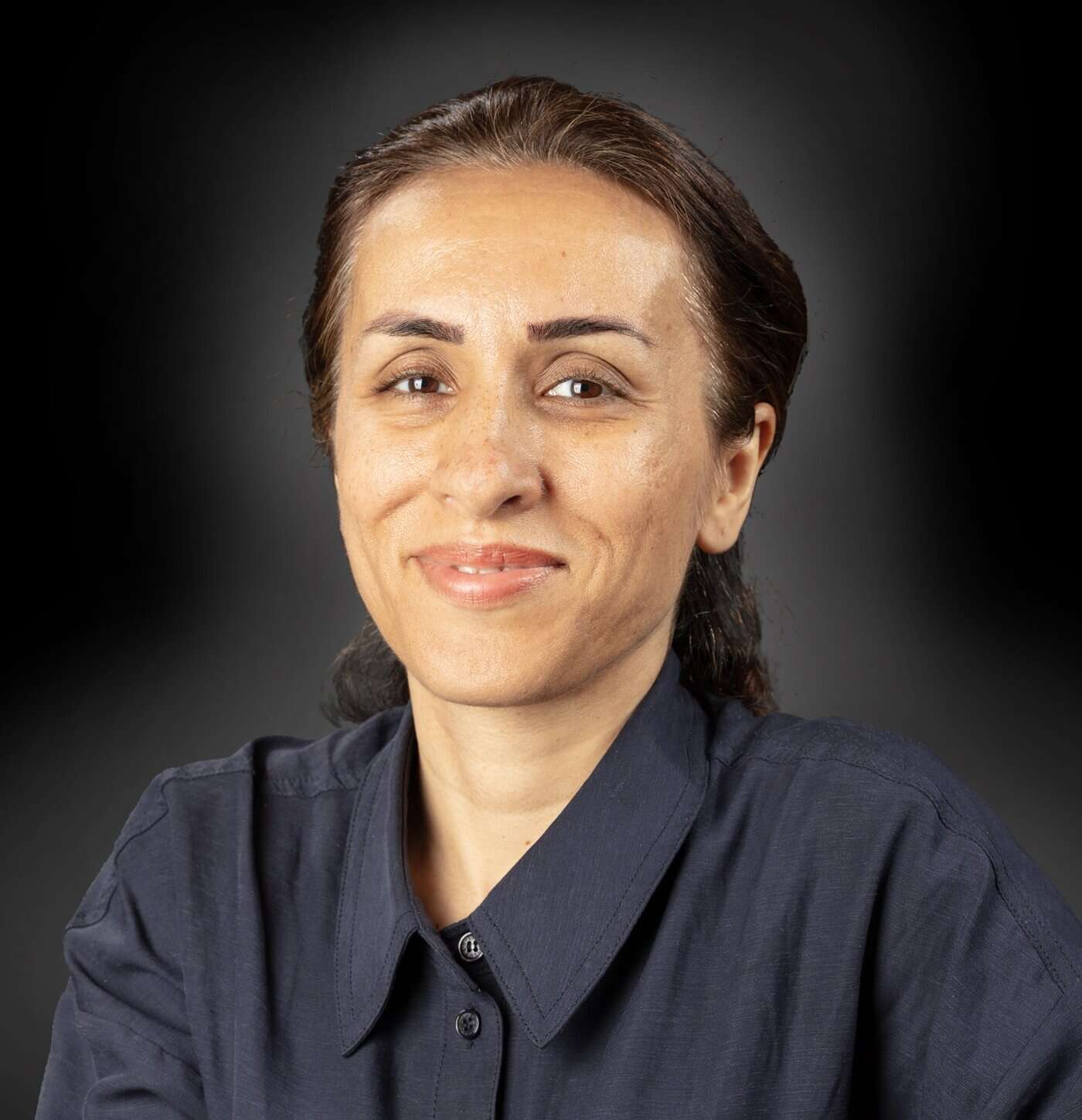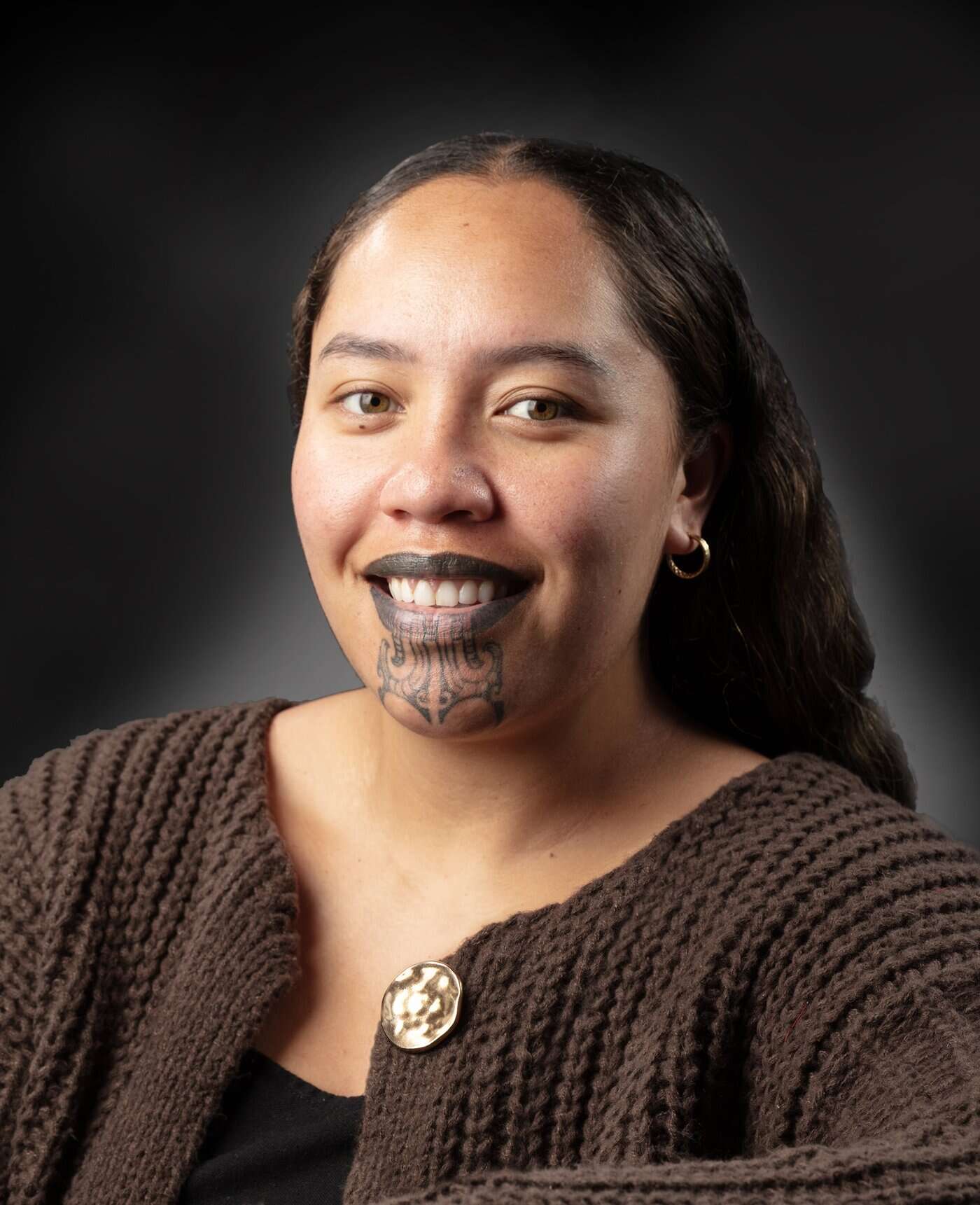Resource Teachers of Learning Behaviour (RTLB): This role is supported and funded by the Ministry of Education.
Assistive Technology: By working alongside RTLB, we may be able to recommend to the Ministry of Education to provide additional technological resources for your child – funded by the Ministry of Education.
Students Identified with High Health Needs (SHHNF): This process is for those with significant high health needs. This is partly funded by the Ministry of Education, but it is very difficult to receive this type of funding. Please click on the link to find more information.
In-Class Support (ICS): This option is partly funded by the Ministry of Education, but it is very difficult to receive. The fund provides a contribution towards teacher aide support to students (Years 1 – 13) with continuing high learning needs, who are not funded through the Ongoing Resourcing Scheme. Many of these students are achieving within Level 1 of the curriculum for an extended period of time and may be 3 – 4 years below their expected curriculum level.
Practical information about NZ Education for Parents, Whānau and Carers


